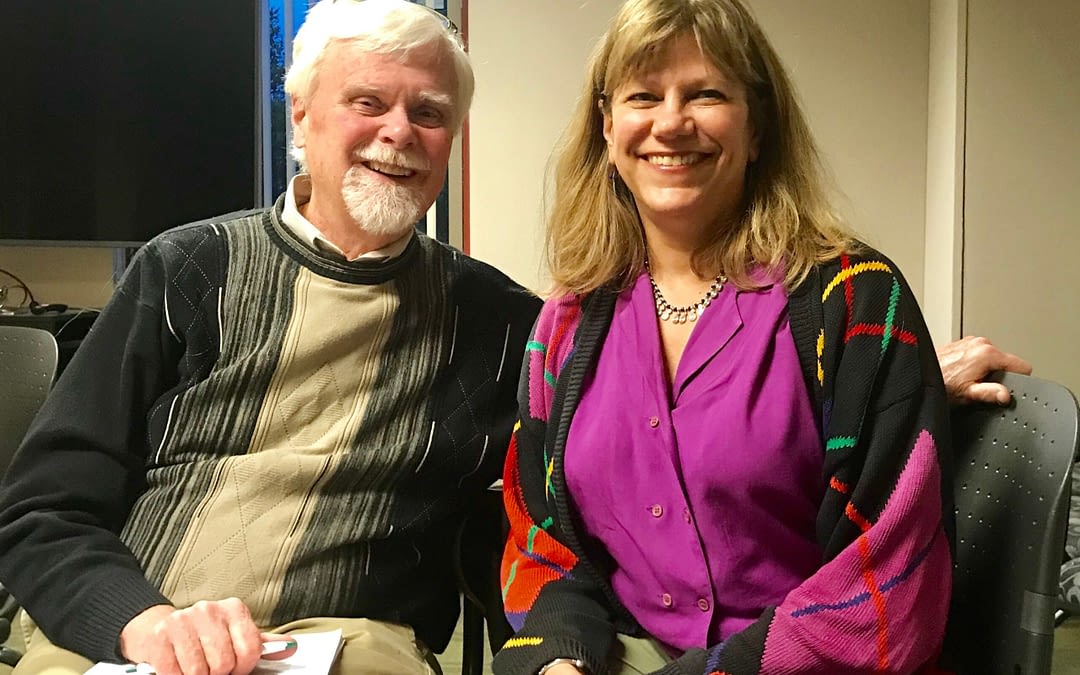I recently published the results of a survey of Feeling Good Podcast fans like yourself. The findings were overwhelmingly positive and illuminating. However, there were a few criticisms as well, like the excellent and thoughtful comments Rhonda and I will address in this podcast. I appreciate negative feedback, as this provides the greatest opportunities for growth and learning.
However, like most people, I sometimes find criticisms emotionally challenging and want to lash out, defending myself! Do you sometimes feel that way, too?
When I feel defensive, its because I think I have a “self” or some cherished “territory” that’s under attack. When I let go of this “self,” it can be incredibly liberating to find truth in a criticism and discover that the feedback is really coming from a trusted colleague or friend, rather than some enemy who is trying to destroy or defeat you!
Here’s what s/he wrote:
Dr. Burns, you seem to disregard healing modalities outside of CBT. CBT is wonderful and nobody teachers it better than Dr Burns—I believe that it is a foundational practice to well-being. However, working with difficult emotions is very important and not always well addressed through CBT alone.
Thinking CBT is the answer for most issues is loaded with cognitive distortions. Example–Discounting the Positive in other practices, All or Nothing Thinking, Magical Thinking, and seeing CBT as a “cure all.” In my personal healing journey CBT has been absolutely essential–as has self compassion, learning to let things go, inner child work, mindfulness, somatic awareness and more. I have noticed there has repeatedly been a dismissive tone for other valuable practices.
Obviously. the Feeling Good Podcast is about CBT and sticking to your expertise is essential. However, I would be careful not to disregard other healing practices that could potentially help someone out.
I have such respect for Dr Burns and his team-but your words carry weight- please be thoughtful about discounting other methods that could be helping someone.
Thank you, whoever you are, for this thought-provoking feedback. And you are SO RIGHT. Cognitive Therapy has value for some problems, but it is definitely NOT a panacea. In fact, no treatment is! The belief that you have THE ANSWER for everything is incredibly misguided but unfortunately, way too common in our field.
I have no doubt that many people have shared your concerns. Let us know what you think after you hear today’s podcast!
David and Rhonda
You can reach Dr. Burns at david@feelinggood.com. Dr. Rhonda Barovsky practices in Walnut Creek, California, and can be reached at rbarovsky@aol.com.
If you like our jingle music and would like to support the composer Brett Van Donsel, you may download it here.
* * *
There will be two more intensives
for you this summer and fall! The SF program is starting soon, so act fast if you want to attend.
July 29 – August 1, 2019
South San Francisco four-day intensive
Sponsored by Praxis
November 4 – 7, 2019
Atlanta, Georgia four-day intensive
Sponsored by Praxis
The intensives are always THE BEST!
I hope you can join me at one of these incredible events!


